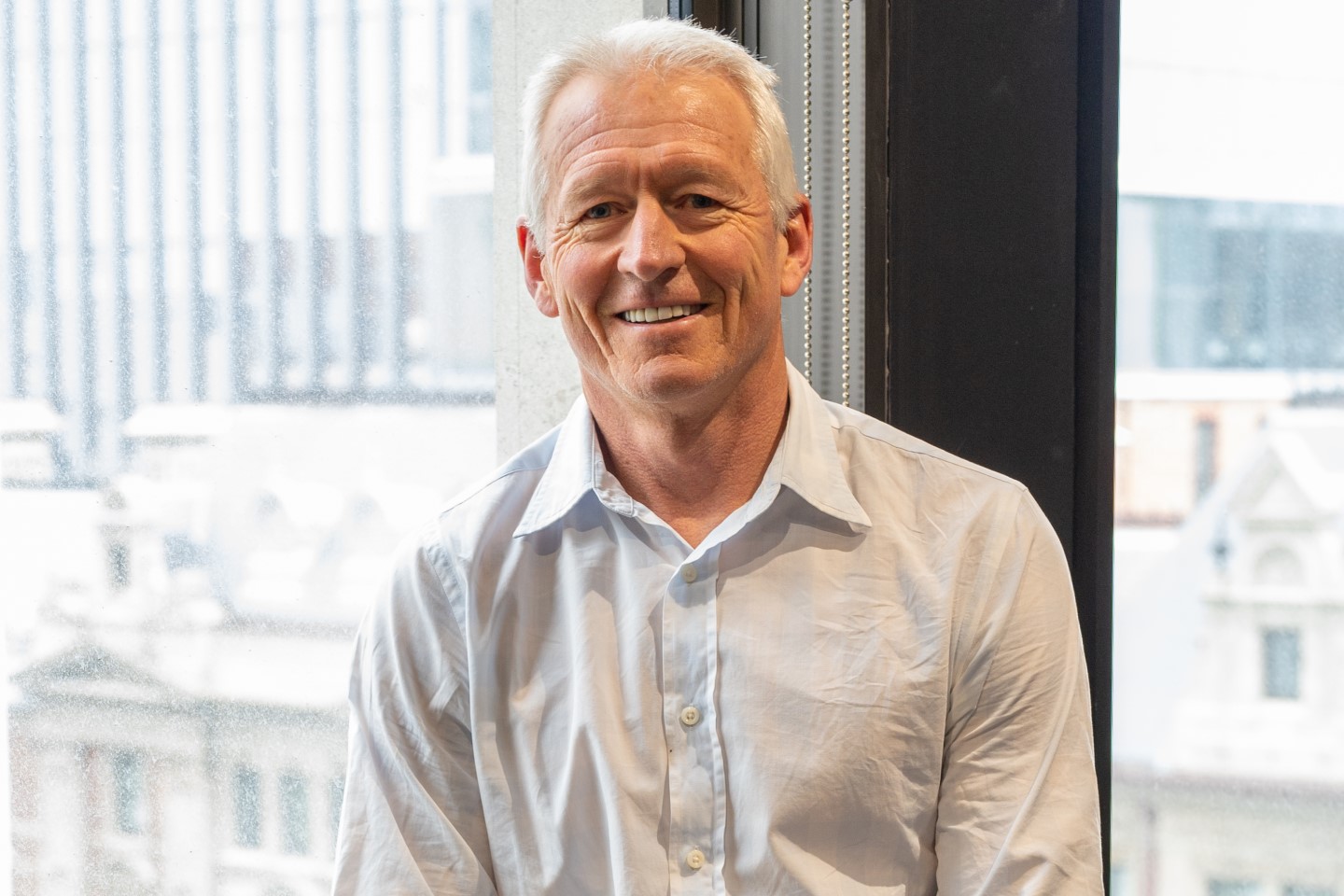Exercise physiology’s status as a GST taxable service has led one WA-based professional on a 16-year hunt in search of an exemption.


The complexities of the GST have long since been baked into Australia’s political discourse.
From its introduction in 2000, implementation of a goods and services tax was haunted by John Hewson’s bumbling exchange with Channel Nine’s Mike Willesee in 1993 on the vagaries of how it may apply to the sale of a birthday cake.
So instrumental was that interview to Mr Hewson’s downfall that Kim Beazley (unsuccessfully, as it turned out) reprised the jibe in 2001, highlighting the GST’s uneven application on the sale of cooked and uncooked chicken amid intense public backlash over the tax’s implementation.
Since then, much of the debate over GST in Western Australia has largely been a partisan political exercise highlighting the state’s “unfair” allocation of the tax take, which then-premier Colin Barnett blamed in 2017 for his government’s $3 billion budget deficit.
Just four years later, and following a better deal secured by Mark McGowan with Scott Morrison in 2018, WA’s growing share of GST revenue is in the crosshairs of newly minted NSW Premier Dominic Perrottet.
In its execution, however, the GST remains deeply complex, replete with unresolved inconsistencies in its application.
That’s the view of David Beard, exercise physiologist at HFRC in Nedlands, who’s received perplexed looks from many first-time patients when handing them a bill for his services.
As an allied health professional, Mr Beard works with patients to improve their metabolism through helping them draw up diet, exercise, and sleep programs.
Like paramedics or dental hygienists, he enjoys official designation from the Department of Health as an allied health professional, recognising that his work uses evidence-based practices to diagnose and treat illnesses.
Unlike them, though, his work carries a 10 per cent surcharge in the form of GST.
“If someone comes to me with a referral from a GP, where they can get Medicare funding for five sessions, for those five sessions I don’t have to charge GST,” Mr Beard told Business News.
“If they came to me privately, or if they want to keep seeing me after those five [sessions], then I’ve got to start charging GST.
“It changes for the patient part way through their treatments if they’re part of the Medicare system.” It’s a confusing situation for some of his patients to grasp.
Often, HFRC simply absorbs the cost by managing the issue as an accounting and compliance matter.
“It’s hard for me to go, ‘Look, it’s $100 for this session, and next week it’s $110’,” Mr Beard said.
The reason for the discrepancy and the journey to resolve it is convoluted, much like the GST itself.
In its simplest telling, the GST’s introduction in 2000 came attached with a series of bargains in the Senate that led to an assortment of exemptions across industries, with allied health services among those not carrying the tax.
Physiology was not an allied health profession at the time and therefore was not granted the exemption. By 2005, Tony Abbott, who held the health portfolio under prime minister John Howard, reclassified it as an allied health profession, meaning GPs could refer patients on for those services and practitioners could receive Medicare funding for their services.
Mr Beard had reasonably expected physiology would automatically be given a GST exemption.
Physiology meets the ATO’s own guidelines for an exemption, being a listed health service performed by a recognised health professional delivering appropriate and necessary treatments.
That’s not been the case, though, and he’s spent most of his time since then going the distance, emailing or calling anyone who will listen to plead the case for physiologists to be granted GST-exempt status.
“We’ve been fighting for 16 years to get that on the agenda for the federal treasurer and state treasurers to go, ‘Yes, that now fits those criteria. Exercise physiology should be considered a GST-exempt service like all the other allied health professions’,” he said.
Mr Beard’s lobbying has received the tacit support of Exercise and Sport Science Australia, the peak body for exercise and sport science health professionals, but, as he admits, he’s done significant freelancing on the matter over the years.
That’s included reaching out to federal figures, such as Dean Smith, Celia Hammond, and Ben Morton, to make representations to decision[1]makers on his behalf, as well as writing to state health ministers and treasurers to make the case for an exemption.
Some, such as Roger Cook and Ben Wyatt, have been receptive, with Mr Cook having written to Mr Wyatt in 2018 in support of granting GST-free status to physiologists.
But commitments have not yet followed, in part because any changes require a unanimous decision by the council of federal financial relations, which meets annually and comprises all state and territorial treasurers as well as the federal treasurer.
That final hurdle has been a recurring stumbling block for Mr Beard through the years.
“Every politician I’ve spoken to, and even the treasury officials I’ve spoken to, all agree it makes sense, but none of them have been the ones who actually make the decision,” he said.
“They all agree it makes sense [but] it’s always been hard to get it to the decisionmakers.”
Mr Beard has since written to every treasurer in the country on the subject, having received two responses thus far, from Queensland Treasurer Cameron Dick and Mark McGowan.
Both responses note Mr Beard’s concerns while indicating they will take a position in 2022, when an intergovernmental meeting between all state and territorial treasurers will consider GST amendments in a formal setting.
“We’re optimistic that for the first time it will be on the agenda with a recommendation to change it,” Mr Beard said.
“We don’t know that for sure.
“From our lobbying, [though,] we’re confident we’ve gotten to the point where the treasurers will have to make a decision.”
Mr Beard is confident exercise physiologists have a strong case to make for an exemption, believing removing GST would have a minimal impact on revenue and improve accessibility to those services.
From his perspective, removing GST will also reduce confusion for his clients, provide his practice access to full Medicare rebates and clarify his status as an allied health professional.
As he looks towards 2022 and awaits what could be the end of his years of lobbying, Mr Beard appeared hopeful in his belief that granting physiologists an exemption would prevail as a common[1]sense reform.
“Western Australians … are very sensitive to injustices in the GST system,” he said.
“I’m very optimistic that our state treasurer, the premier, will support this, because he knows injustices don’t make sense to the detriment of everybody.
“Fixing that will be a big plus and I’m hoping he’ll push it because of that.”






